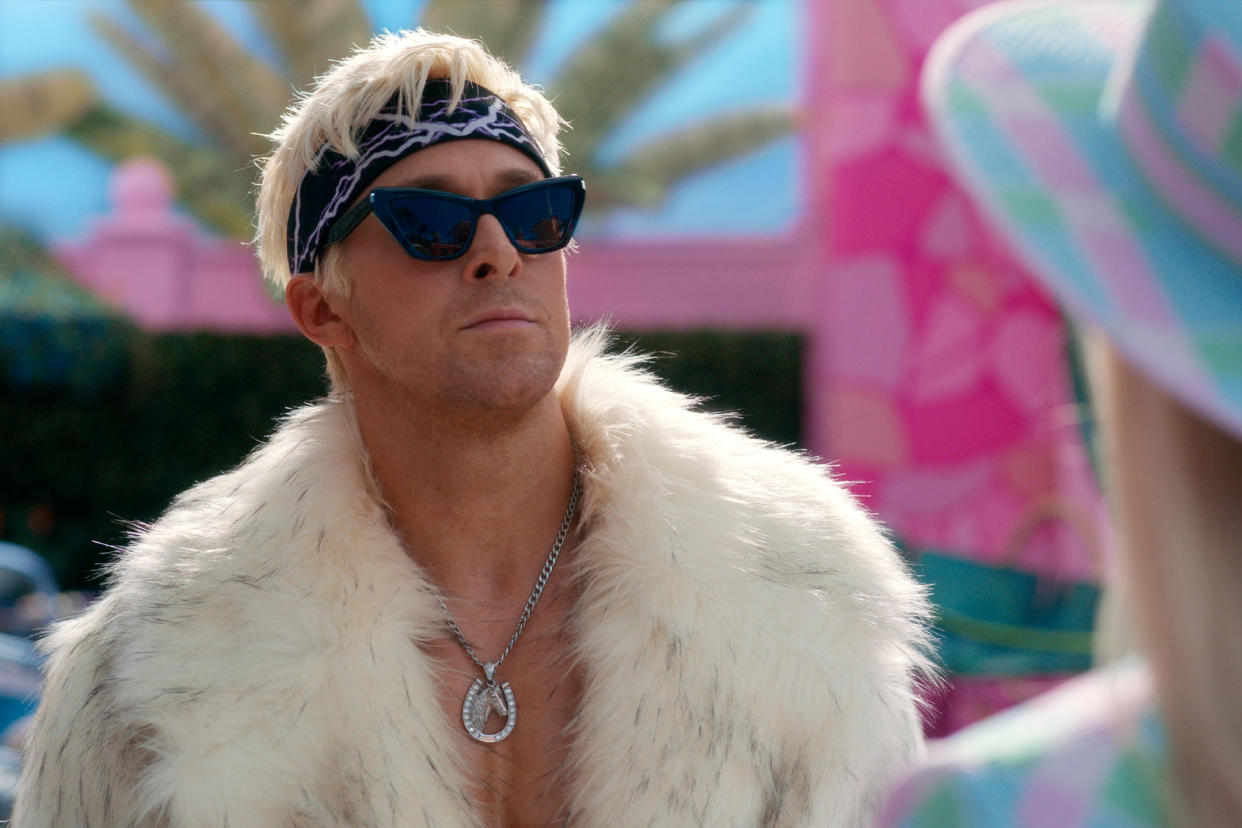A new MCU looms: "Barbie" unleashes the overkill that is the Mattel Cinematic Universe

"Barbie" is a hit. No, seriously it has so deeply resonated with the general public that whenever I leave my house in NYC I see a slew of people dressed in pink. It's surpassed $200 million worldwide box office and is projected to hit the $500 million benchmark soon. The film has obviously connected with the public, and Mattel, Barbie's parent company, knows it.
Naturally, Mattel CEO, Ynon Kreiz, told Variety the toy company has 14 projects lined up for development, including "Barney," "Polly Pocket," "Hot Wheels," "UNO," "Thomas and Friends," "American Girl" and many more. "Barney" – about the simultaneously beloved and most-hated purple dinosaur – starring Oscar-nominated Daniel Kaluuya was greenlit at the same time as "Barbie." "Polly Pocket" written by controversial "Girls" creator Lena Dunham, starring one-note "Emily in Paris" star Lily Collins was greenlit in 2021.
When I heard the news about a Mattel Cinematic Universe, the audible groan that left my mouth said all it needed to about my thoughts on the expansion of this toy-to-movie adaptation pipeline. We do not need a Mattel Cinematic Universe. A "Barney" movie starring one of my favorite actors doesn't entirely sound like it's calling my name even though Kaluuya is the clear selling point. Most of all, my biggest concern is how they'll be able to make each adaptation into one that stands on its own – instead of another iteration of the last.
"Barbie" worked so well and was able to connect to an audience because of its star-studded cast, director and connection to girlhood nostalgia. There are a lot of things about a "Barbie" movie that could have so easily been horribly cringe and inappropriate. But with Greta Gerwig at the helm of the ship, the film became the poignant satire on the female experience that many gleefully enjoyed.
Regardless of "Barbie" being this image of a hyper-consumerist world, Gerwig and her impeccable cast choices in Margot Robbie and Ryan Gosling, brought the fucshia, magical Barbieland alive in a sincere, honest way. I never felt like I was being sold a product while I was watching "Barbie." I felt like I was reclaiming my adolescence and womanhood. That's the feat of Gerwig's pen and direction.
But the expansion of the Mattel Cinematic Universe will depreciate Barbie's artistic value. The "Barbie" film was able to connect because of its unique charms and its dedication to the love of filmmaking. And that special moviegoing experience may be tarnished if the toy company attempts to recreate that same magic for "Polly Pocket" or "Barney."
Mattel doesn't see it that way though. "Barbie" is the company's first venture into the film world, and it's set to launch Mattel into an IP-driven machine, bursting with movies, TV shows, stage productions and theme parks. IP-driven movies and companies have been wildly successful in the new digital age of media and entertainment. The Disney/Marvel media conglomerate literally dominates the box office with some of the top-grossing films of all time (such as "Avengers: Endgame").
Yes, these movies based on preexisting comic books or sequels of sequels like James Cameron's $2 billion blockbuster, "Avatar," are popular but because of their frequency and repetitive nature. However, there seems to be fatigue with the audience. In fact, this summer Disney's "Indiana Jones and the Dial of Destiny" and DC's "The Flash" flopped with lukewarm box offices. So the IP model is not a proven formula that lands with audiences 100% of the time.
"Barbie" may be the hope the struggling film industry needed after years of pandemic-related slump but it may have opened the gateway into hell for a business insistent on drowning out creativity and replacing films with disingenuous copies of its original. It's hard to say what the long-term effects of this type of moviemaking will have on the larger industry but if the dual SAG-AFTRA and WGA strikes tell us anything – even the people involved in moviemaking are sick and tired of this money-making machine and so are we as the audience.
Read more
about this topic
